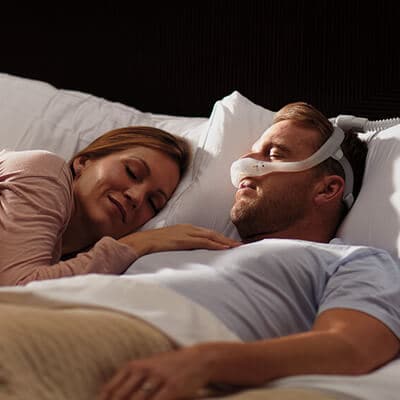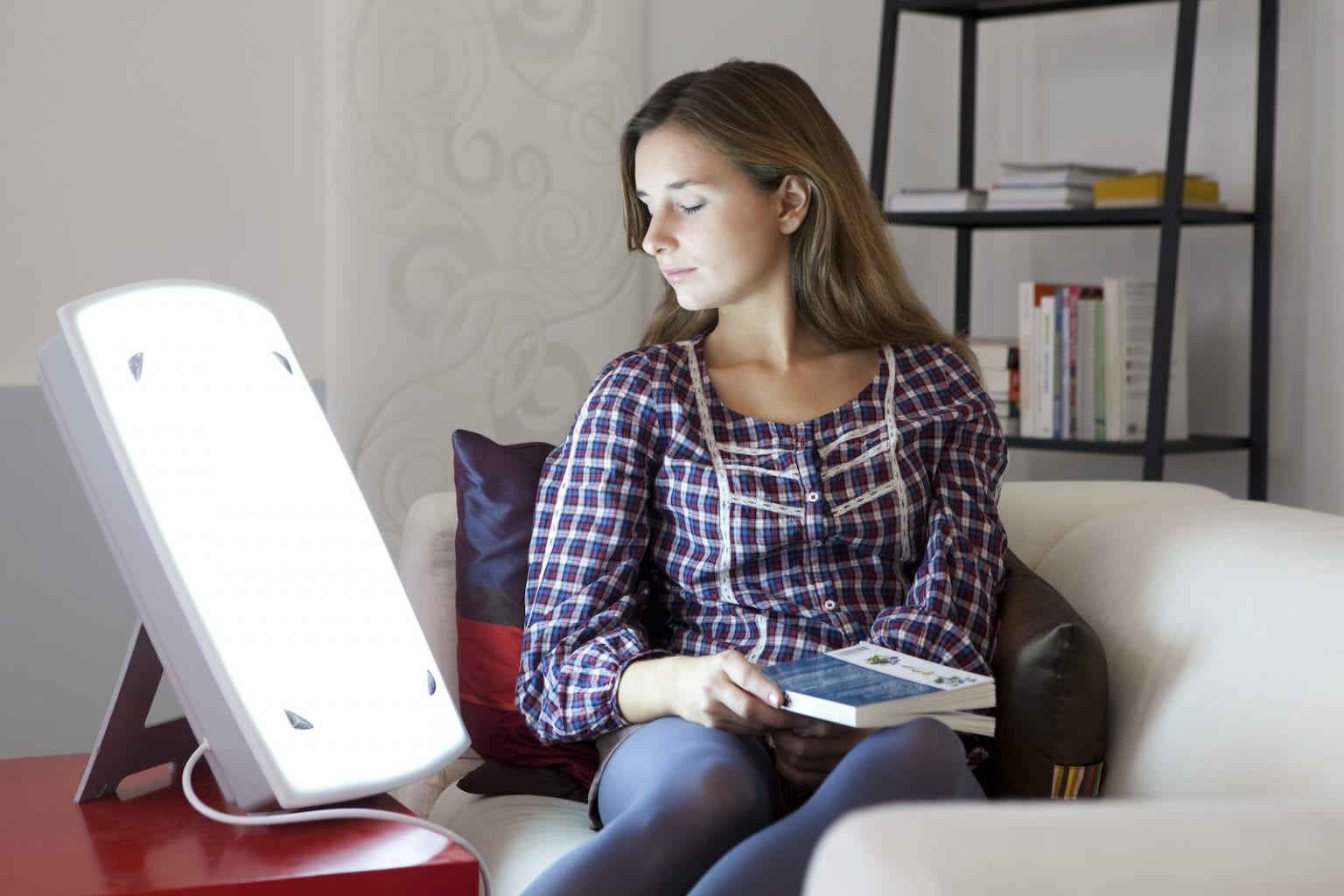Comprehensive Sleep Disorder Treatment - Discover the very best Solutions
Comprehensive Sleep Disorder Treatment - Discover the very best Solutions
Blog Article
Efficient Treatment Solutions for Managing Rest Disorders and Enhancing Relaxed Sleep
In the realm of healthcare, the monitoring of rest disorders and the pursuit for peaceful rest are pivotal components of overall wellness. As we browse the intricate landscape of rest disorders and seek to improve our rest experience, a much deeper understanding of these treatment solutions may hold the secret to unlocking a more refreshing and meeting restorative journey.
Cognitive Behavioral Treatment for Sleeplessness (CBT-I)
Cognitive Behavior Modification for Insomnia (CBT-I) is an organized, evidence-based treatment method that concentrates on resolving the hidden elements adding to sleep disruptions. This type of treatment intends to customize actions and thoughts that intensify sleeplessness, ultimately promoting healthy and balanced sleep patterns. CBT-I normally includes a number of key components, including cognitive treatment, rest restriction, stimulation control, and rest hygiene education.
Cognitive treatment assists people recognize and change negative idea patterns and ideas about sleep that may be impeding their capacity to drop or stay asleep. Sleep restriction entails restricting the quantity of time invested in bed to match the individual's real rest period, consequently enhancing rest performance (sleep therapy). Stimulus control strategies help develop a solid organization between the bed and sleep by motivating individuals to visit bed only when drowsy and to stay clear of taking part in promoting tasks in bed
Furthermore, rest hygiene education focuses on establishing healthy sleep practices, such as preserving a constant sleep schedule, creating a relaxing going to bed routine, and enhancing the rest environment. By dealing with these elements thoroughly, CBT-I offers a reliable non-pharmacological treatment for taking care of sleeping disorders and boosting overall sleep top quality.
Rest Hygiene Practices
Having developed the foundation of cognitive restructuring and behavioral adjustments in dealing with insomnia via Cognitive Behavior modification for Sleep Problems (CBT-I), the emphasis currently changes towards exploring important Sleep Health Practices for maintaining optimum rest top quality and general wellness.
Rest health methods include a variety of behaviors and ecological factors that can significantly impact one's capability to go to sleep and stay asleep throughout the evening. Regular sleep and wake times, developing a relaxing going to bed routine, and optimizing the sleep setting by maintaining it dark, peaceful, and cool are important parts of great rest health. Restricting exposure to screens prior to going to bed, staying clear of energizers like high levels of caffeine close to bedtime, and engaging in regular exercise throughout the day can also advertise better sleep high quality.
Additionally, practicing leisure strategies such as deep breathing workouts or meditation before bed can aid relax the mind and prepare the body for sleep. By incorporating these rest health techniques into one's daily regimen, people can develop a healthy and balanced rest pattern that supports relaxing rest and general well-being.
Relaxation Techniques and Mindfulness
Applying leisure strategies and mindfulness methods can play an essential duty in fostering a sense of tranquility and promoting quality sleep. Additionally, led images my review here can aid move individuals to a tranquil area in their minds, helping in stress and anxiety reduction and improving rest high quality.
By integrating these practices into a going to bed regimen, people can indicate to their bodies that it is time to prepare and unwind for sleep. Overall, incorporating relaxation techniques and mindfulness methods can substantially you can try these out contribute to managing sleep problems and improving general sleep quality.

Medication Options for Rest Disorders
After exploring leisure techniques and mindfulness methods as non-pharmacological treatments for improving sleep high quality, it is vital to think about medication options for individuals with sleep conditions. In instances where lifestyle modifications and treatment do not offer sufficient relief, medicine can be an important device in handling rest disturbances.
Typically recommended medicines for rest conditions consist of benzodiazepines, non-benzodiazepine hypnotics, antidepressants, and melatonin receptor agonists. Benzodiazepines, such as diazepam, are sedatives that can aid generate sleep, yet they are usually suggested for short-term use due to the danger of reliance. Non-benzodiazepine hypnotics like zolpidem are also used to deal with sleeplessness and have a reduced danger of reliance contrasted to benzodiazepines. Antidepressants, such as trazodone, can be useful for individuals with co-occurring depression and rest disruptions. Melatonin receptor agonists, like ramelteon, target the body's all-natural sleep-wake cycle and can be practical for controling sleep patterns.
It is crucial for people to consult with a doctor to identify one of the most appropriate medication choice based on their details rest condition and clinical history.
Light Treatment for Body Clock Guideline
Light treatment, likewise called photo-therapy, shift work sleep disorder treatment is a non-invasive treatment approach used to control circadian rhythms and improve sleep-wake cycles. This treatment involves direct exposure to bright light that simulates natural sunshine, which aids to reset the body's biological rhythm. By subjecting individuals to certain wavelengths of light, generally in the early morning or evening relying on the desired effect, light treatment can efficiently readjust the circadian rhythm to promote wakefulness throughout the day and boost restful sleep in the evening.
Study has actually shown that light therapy can be specifically valuable for individuals with circadian rhythm conditions, such as delayed rest stage disorder or jet lag. It can also be valuable for those experiencing seasonal affective condition (SAD), a kind of clinical depression that usually occurs throughout the winter months when all-natural light exposure is minimized. Light treatment is generally well-tolerated and can be used along with other therapy methods for sleep conditions to maximize end results and boost total rest high quality.
Final Thought
To conclude, efficient therapy options for handling rest problems and boosting peaceful sleep include Cognitive Behavior modification for Sleep Problems (CBT-I), rest hygiene methods, relaxation techniques and mindfulness, medication alternatives, and light therapy for body clock law. These strategies can assist individuals boost their rest high quality and general health. It is necessary to talk to a doctor to establish one of the most ideal strategy for dealing with rest problems.
As we navigate the complex landscape of rest conditions and seek to enhance our rest experience, a deeper understanding of these treatment solutions may hold the trick to opening a much more rejuvenating and meeting restorative journey.
Rest restriction entails limiting the amount of time invested in bed to match the individual's real rest period, thus raising sleep performance. Regular sleep and wake times, creating a relaxing going to bed regimen, and enhancing the sleep setting by maintaining it dark, silent, and cool are vital components of great rest health. Light treatment is usually well-tolerated and can be made use of in combination with other therapy approaches for rest conditions to optimize results and enhance general sleep high quality.

Report this page